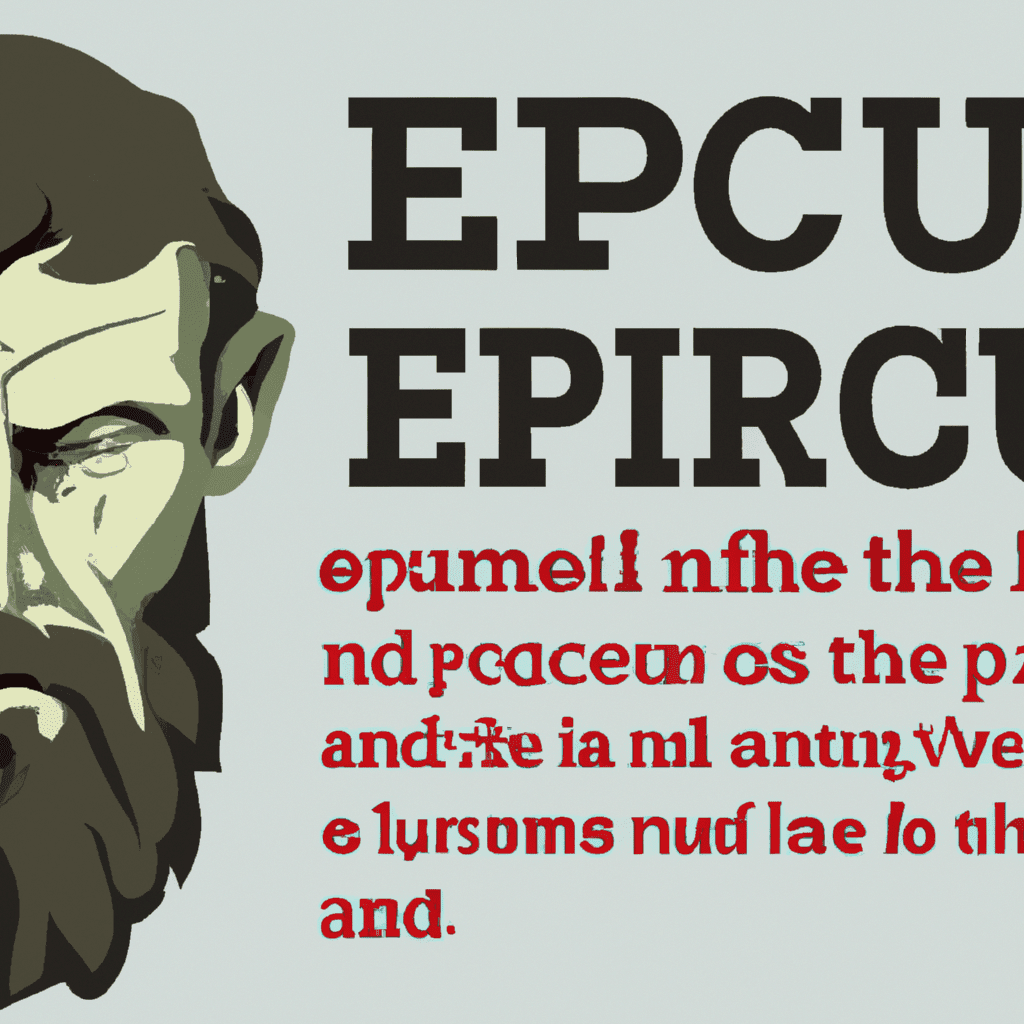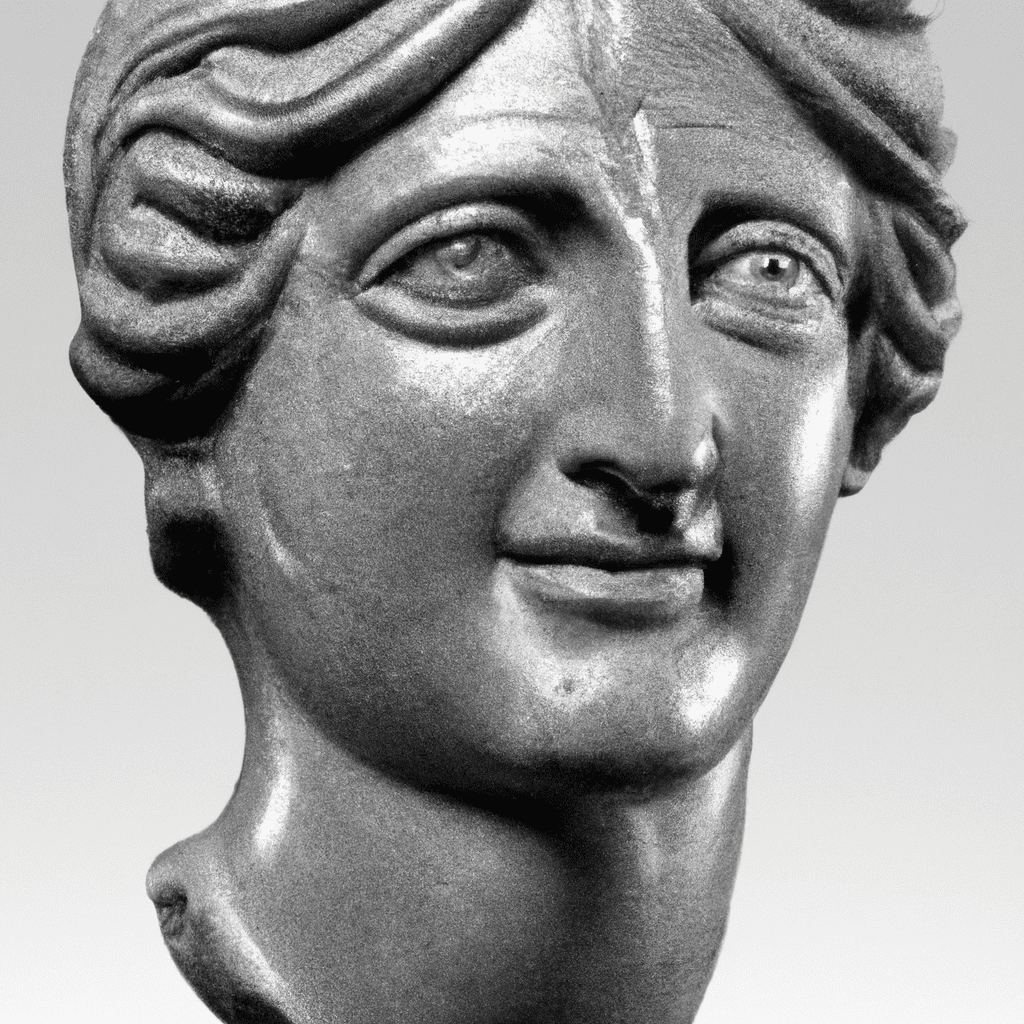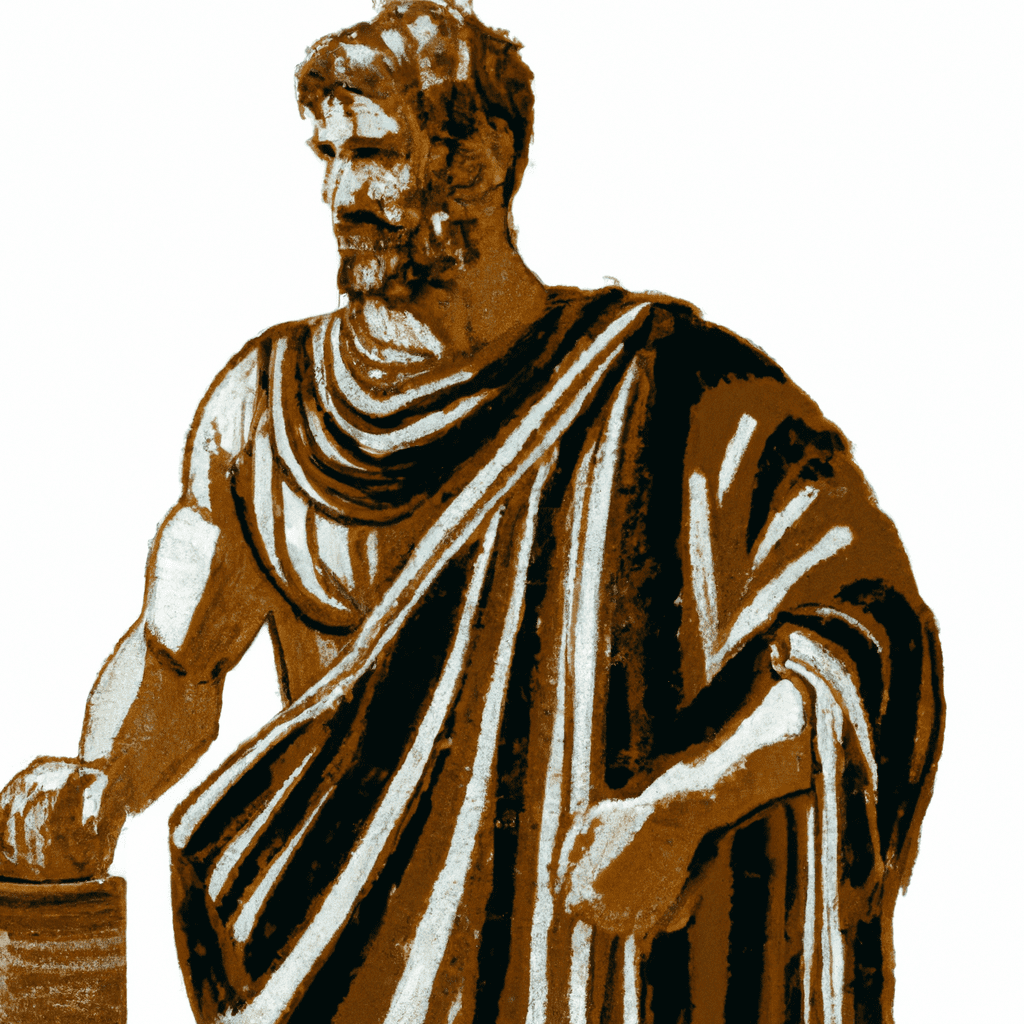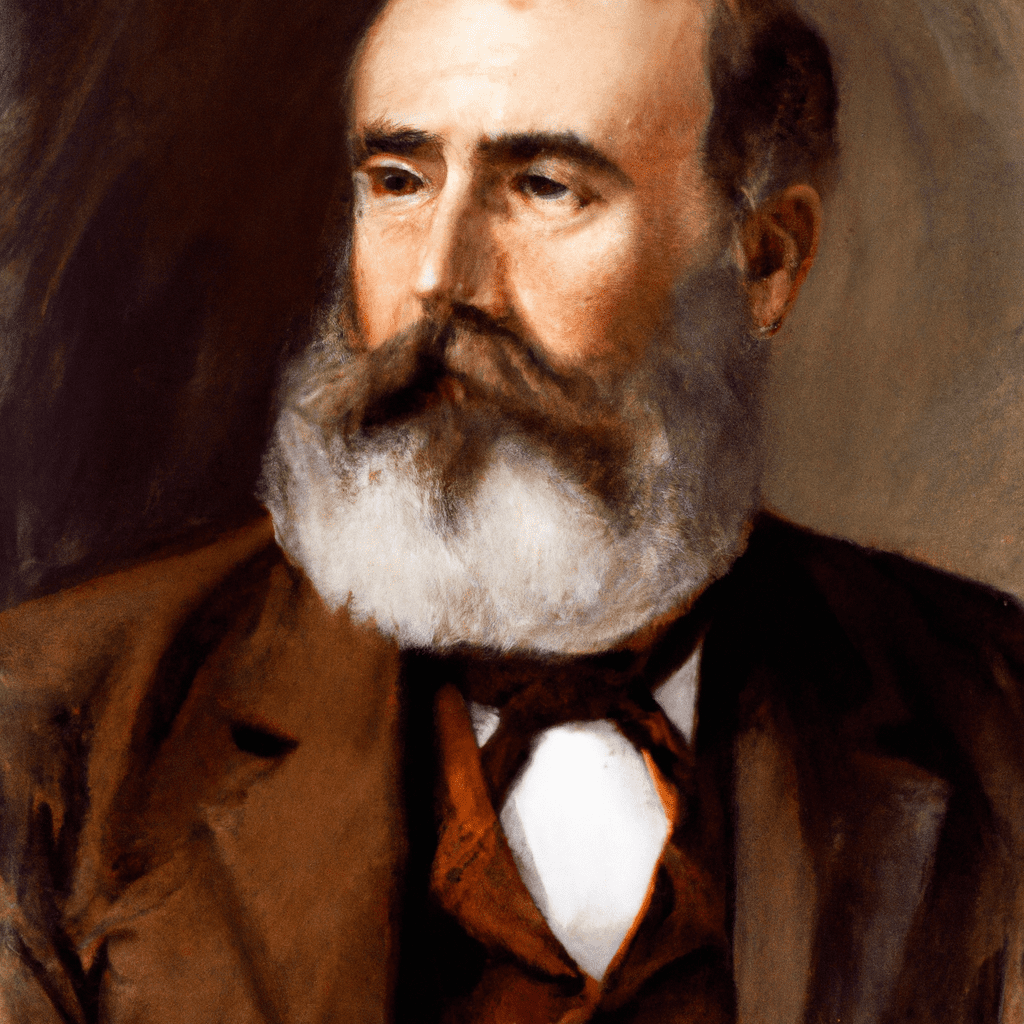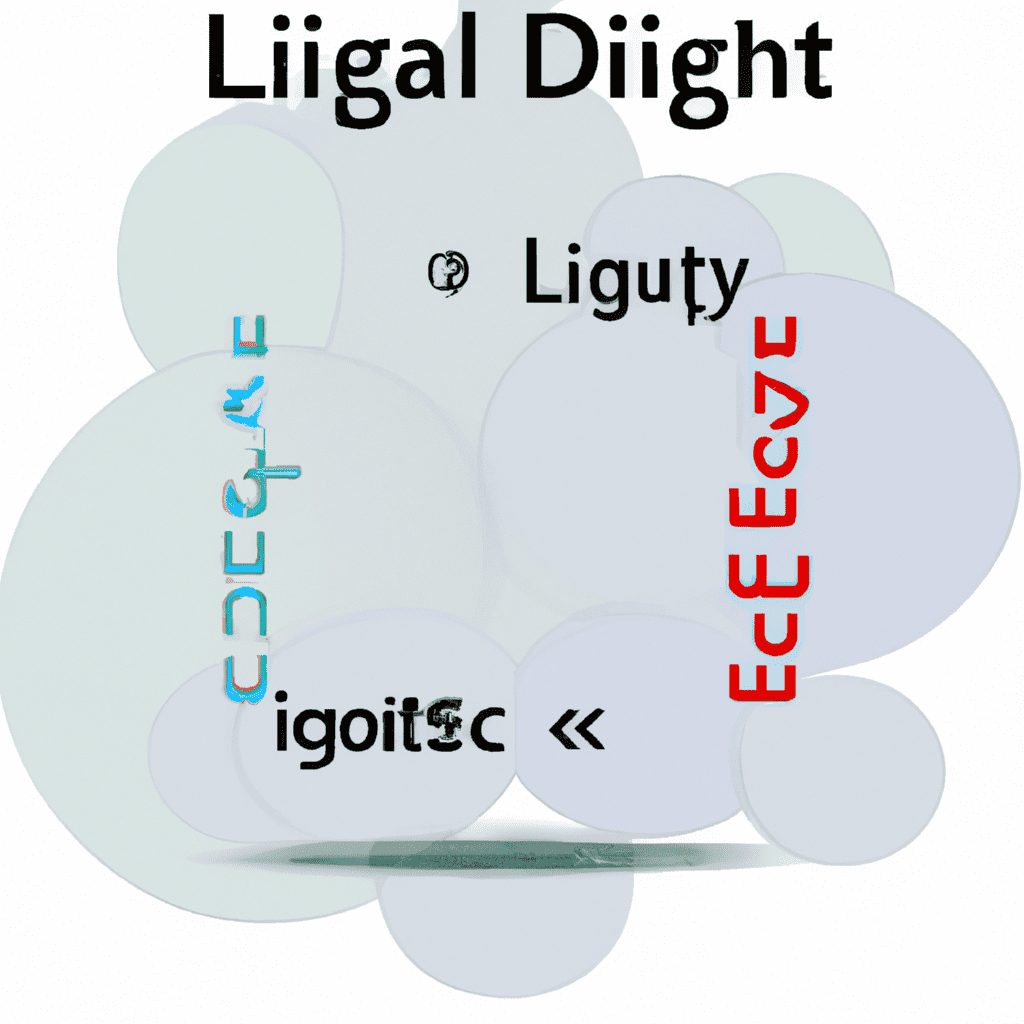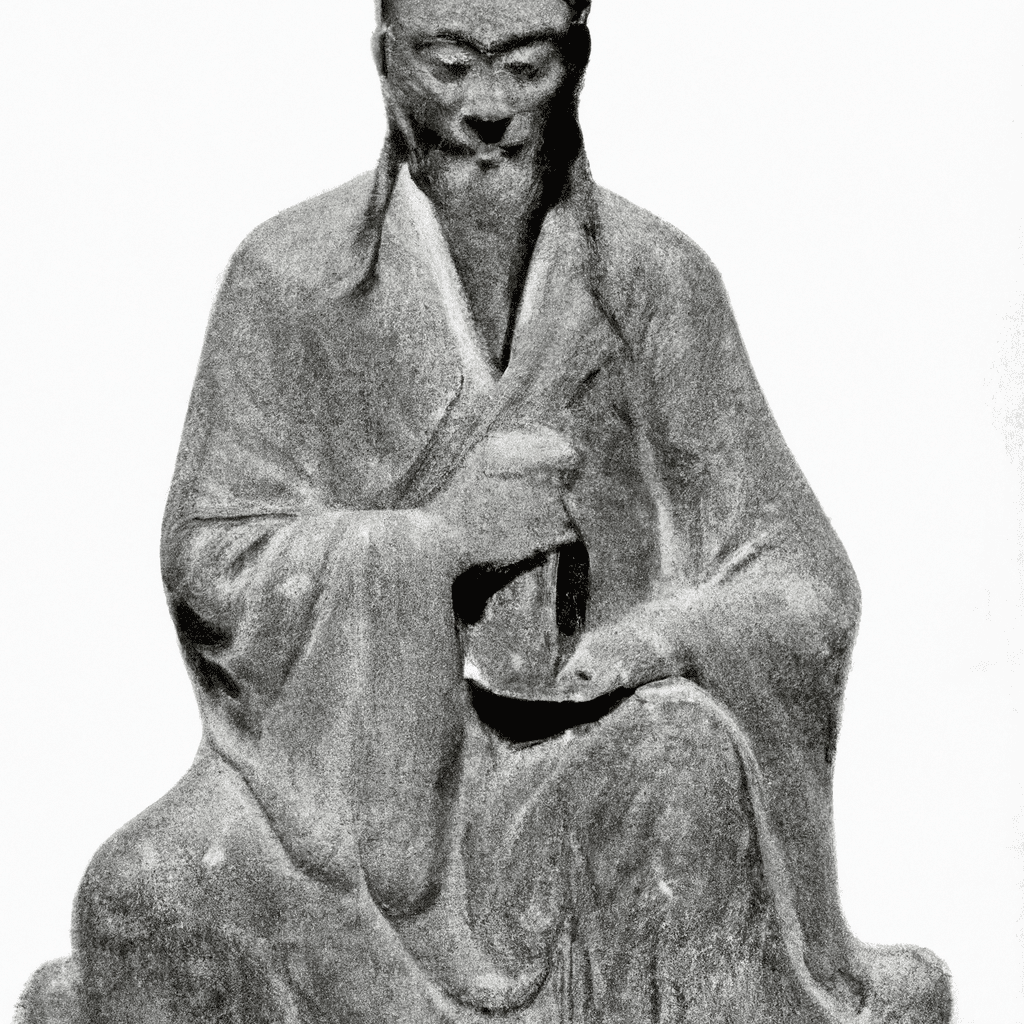Epicurus (341—271 B.C.E.) Epicurus is one of the major philosophers in the Hellenistic period, the three centuries following the death of Alexander the Great in 323 B.C.E. (and of Aristotle in 322 B.C.E.). Epicurus developed…
Catégorie de navigationWiki Philosophie
Parmenides of Elea (Late 6th cn.—Mid 5th cn. avant notre ère)
Parmenides of Elea (Late 6th cn.—Mid 5th cn. avant notre ère) Parmenides of Elea was a Presocratic Greek philosopher. As the first philosopher to inquire into the nature of existence itself, he is incontrovertibly credited as the…
Libre arbitre
Libre arbitre La plupart d'entre nous sont certains d'avoir le libre arbitre., bien que ce que cela signifie exactement soit beaucoup moins certain. Selon David Hume, the question of the nature of free will is…
René Descartes: Éthique
René Descartes: Ethics This article describes the main topics of Descartes’ ethics through discussion of key primary texts and corresponding interpretations in the secondary literature. Although Descartes never wrote a treatise dedicated solely to ethics,…
Lucretius (c. 99—c. 55 B.C.E.)
Lucretius (c. 99—c. 55 B.C.E.) Lucretius (Titus Lucretius Carus) was a Roman poet and the author of the philosophical epic De Rerum Natura (On the Nature of the Universe), a comprehensive exposition of the Epicurean…
Nikolai Fedorovich Fedorov (1829—1903)
Nikolai Fedorovich Fedorov (1829—1903) Fedorov’s thoughts have been variously described as bold, culminating, curious, easily-misunderstood, extrême, hazy, idealist, naive, of-value, scientifico-magical, special, unexpected, unique, and utopian. Many of the small number of philosophers familiar with…
Duality in Logic and Language
Duality in Logic and Language Duality phenomena occur in nearly all mathematically formalized disciplines, such as algebra, geometry, logic and natural language semantics. Toutefois, many of these disciplines use the term ‘duality’ in vastly different…
Game Theory
Game Theory This article sketches the basic concepts of the theory of games in order to discuss some of their philosophical implications and problems. Consider the following situation: when two hunters set out to hunt…
Zhu Xi (Chu Hsi, 1130—1200)
Zhu Xi (Chu Hsi, 1130—1200) A preeminent scholar, classicist and a first-rate analytic and synthetic thinker, Zhu Xi (Chu Hsi) created the supreme synthesis of Song-Ming dynasty (960-1628 CE) Neo-Confucianism. De plus, by selecting the essential classical Confucian…
The Aesthetics of Classical Music
The Aesthetics of Classical Music Musical aesthetics as a whole seeks to understand the perceived properties of music, in particular those properties that lead to experiences of musical value for the listener. It may also…

